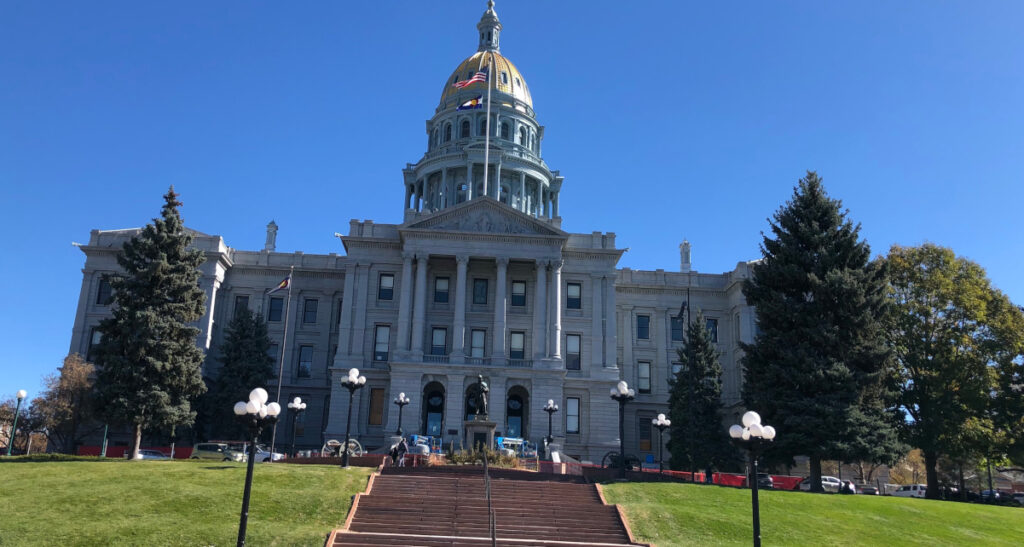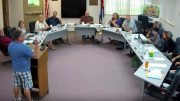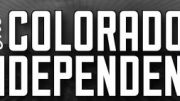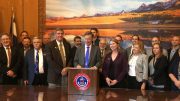By Jeffrey A. Roberts
CFOIC Executive Director
Revising rules for the legislature’s Committee on Legal Services for the first time since 1981, Colorado lawmakers proposed an open-ended exception to the Sunshine Law that would let the committee make decisions by email — no public meeting required.
They abandoned that idea Thursday at the request of the Colorado Freedom of Information Coalition.
“It is always helpful for us to have additional eyes on the work that we are doing,” said Sen. Pete Lee during a Senate Judiciary Committee hearing on Senate Bill 22-062, thanking CFOIC for raising concerns about the measure. “We are committed to transparency and accountability and sometimes we stub our toe just a little bit,” added the Colorado Springs Democrat, a sponsor of the bill and chair of the judiciary committee.

The Committee on Legal Services, a joint House and Senate committee that meets year-round, oversees the Office of Legislative Legal Services and the legislature’s review of executive branch agency rules.
As amended and passed by the judiciary committee, SB 22-062 only allows the Committee on Legal Services to retain legal counsel by polling members without convening a public meeting. Within three business days, the results of the poll are to be posted on the committee’s website along with details including the name of the legal counsel and “the legal matter for which the legal counsel will provide representation.”
As introduced, the bill would have permitted email polls to take action on anything deemed “a time-sensitive matter as identified by the committee chair and vice-chair.” The committee would ratify approval of the question at the next committee meeting.
In a letter to Lee and other bill sponsors, CFOIC pointed out that the Colorado Open Meetings Law, aka the Sunshine Law, states that “the formation of public policy is public business and may not be conducted in secret.” Under the law, initiated by the voters of the Colorado in 1972, meetings of two or more members of a state public body, “at which any public business is discussed or at which any formal action may be taken are declared to be public meetings open to the public at all times.”
“The Sunshine Law is about open meetings, letting the public observe the process except for certain authorized topics that may be discussed in private,” CFOIC wrote. “But under Senate Bill 22-062, the committee could discuss and take action on any matter in secret. Members of the public would only know about a meeting well after the fact — if they happen to attend the next public committee meeting when the action is ratified.”
The proposed Sunshine Law exception wasn’t necessary, CFOIC added. “If the committee needs to act quickly during the legislative session, the Colorado Supreme Court’s 1978 ruling in Benson v. McCormick gives you flexibility to adjust the calendar. Out of session, tools such as Zoom, WebEx and YouTube allow you to meet electronically and still involve the public. If you need to convene an executive session, there’s a way to do that.”
Follow the Colorado Freedom of Information Coalition on Twitter @CoFOIC. Like CFOIC’s Facebook page. Do you appreciate the information and resources provided by CFOIC? Please consider making a tax-deductible donation.




